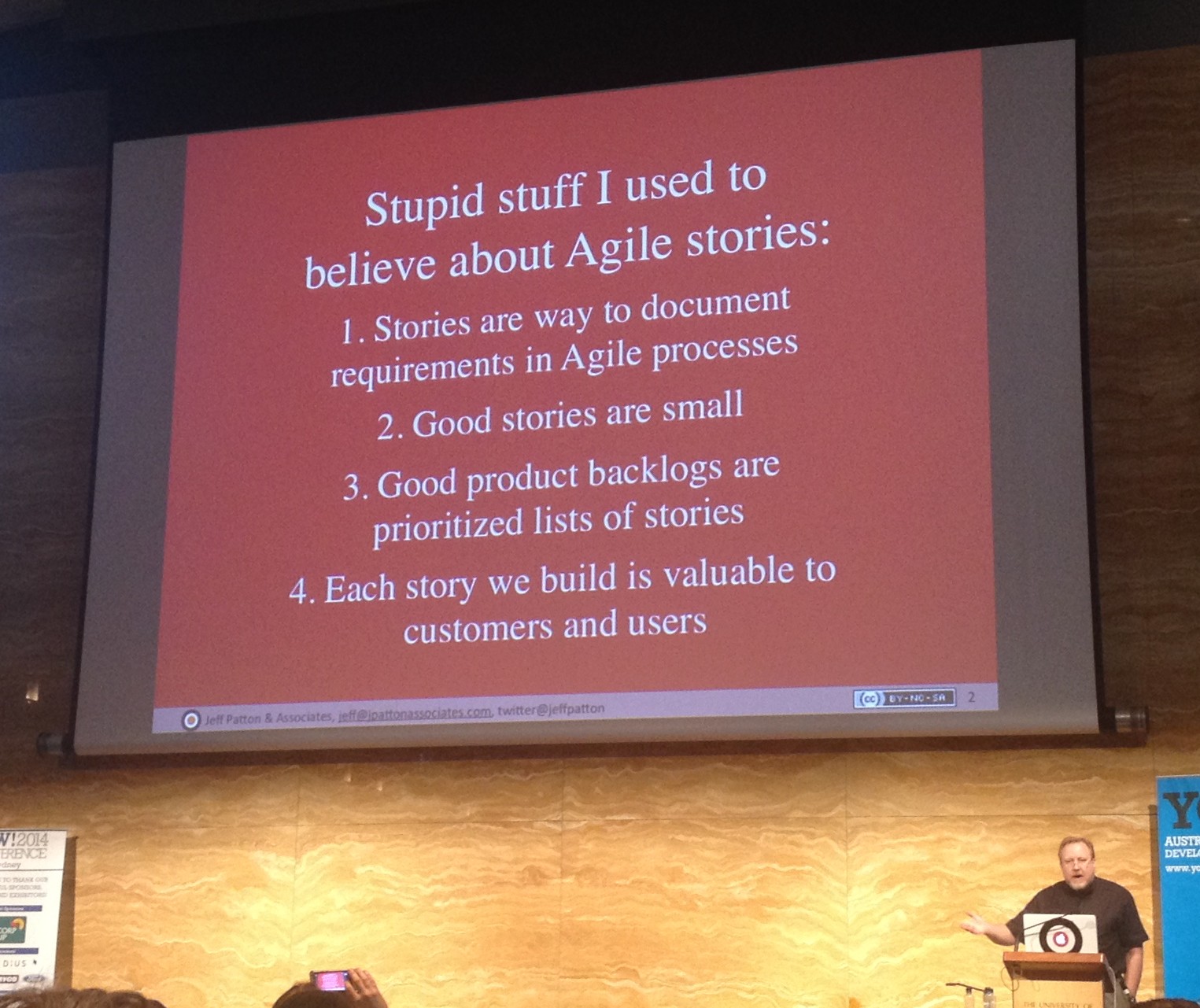 It’s not unusual to see examples where people think they are “doing REST”, but are not. A lot of people are trying to use simple web technologies in their microservice architectures, but I suspect there’s a prevalent idea that if you are using HTTP and sending JSON back and forth, you’re doing REST, which is simply not the case. (We’re talking about the Representational State Transfer style of software architecture here, in case you’re lost.)
It’s not unusual to see examples where people think they are “doing REST”, but are not. A lot of people are trying to use simple web technologies in their microservice architectures, but I suspect there’s a prevalent idea that if you are using HTTP and sending JSON back and forth, you’re doing REST, which is simply not the case. (We’re talking about the Representational State Transfer style of software architecture here, in case you’re lost.)
Spring’s REST
Spring’s Web MVC Framework documentation says in the first paragraph: “With the introduction of Spring 3.0, the @Controller mechanism also allows you to create RESTful Web sites and applications…” Further on, introducing its @RestController interface, it says: “It’s a very common use case to have Controllers implement a REST API, thus serving only JSON, XML or custom MediaType content.” So, does creating a web service using a @RestController-annotated class magically make it a RESTful service?
No. Such no.
Not so REST
The big thing I see developers getting wrong when trying to use web technologies for inter-service communication is that they continue to think about operations. Continue reading

 He spent some time discussing the Palchinsky principles, from Russian engineer Peter Palchinsky as documented in
He spent some time discussing the Palchinsky principles, from Russian engineer Peter Palchinsky as documented in 
 Jez Humble (
Jez Humble ( Martin Thompson (
Martin Thompson ( A couple of weeks ago, I went along with a couple of other Tyro software engineers to hear
A couple of weeks ago, I went along with a couple of other Tyro software engineers to hear  I didn’t think anyone would seriously ask this question. However, after yesterday’s post about
I didn’t think anyone would seriously ask this question. However, after yesterday’s post about  A colleague and I were writing a test in Java today and I had one of those “I can’t believe it takes this much work to write this stupid function” moments. If you do any Scala programming but still do a lot of Java programming, you’ll know exactly what I mean. I’ll walk you through a mock of what we were doing and you can see why Scala just pummels Java when it comes to expressiveness. (Early warning: do not use the word “expressive” when trying to convince your manager to let you use Scala at work.)
A colleague and I were writing a test in Java today and I had one of those “I can’t believe it takes this much work to write this stupid function” moments. If you do any Scala programming but still do a lot of Java programming, you’ll know exactly what I mean. I’ll walk you through a mock of what we were doing and you can see why Scala just pummels Java when it comes to expressiveness. (Early warning: do not use the word “expressive” when trying to convince your manager to let you use Scala at work.)  The funny thing is that lambdas don’t, by themselves, do anything new. They’re just a succinct form for turning a block of code into an object that can be passed around – syntactic sugar. Some of us have been doing this for a while without the succinctness and we call it… object-oriented programming! Yes, passing blocks of code (aka functions) around as objects (aka values) is also core to functional programming, but certainly not unique to it.
The funny thing is that lambdas don’t, by themselves, do anything new. They’re just a succinct form for turning a block of code into an object that can be passed around – syntactic sugar. Some of us have been doing this for a while without the succinctness and we call it… object-oriented programming! Yes, passing blocks of code (aka functions) around as objects (aka values) is also core to functional programming, but certainly not unique to it.